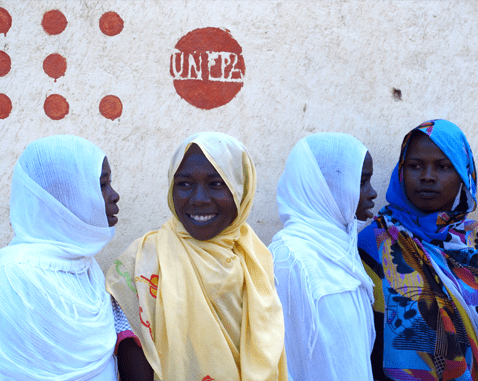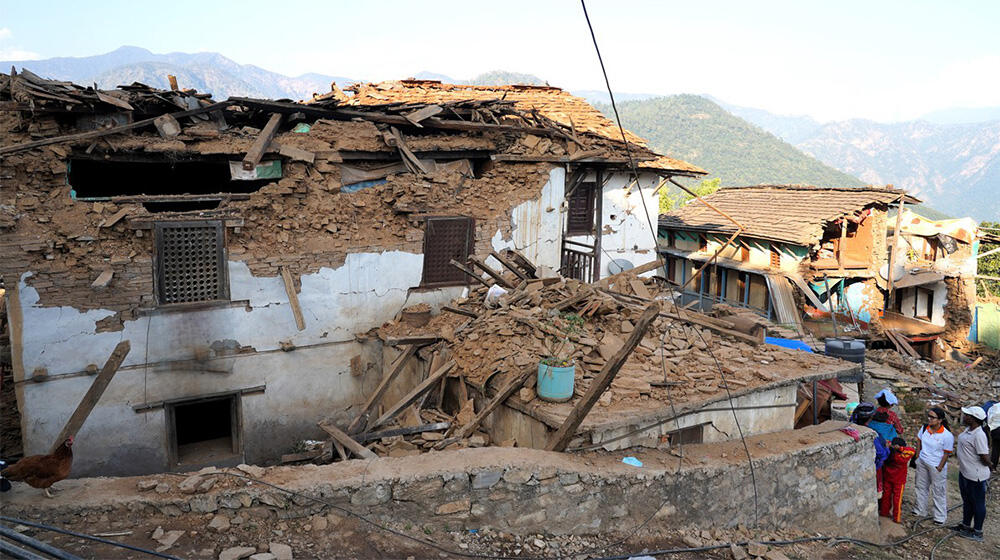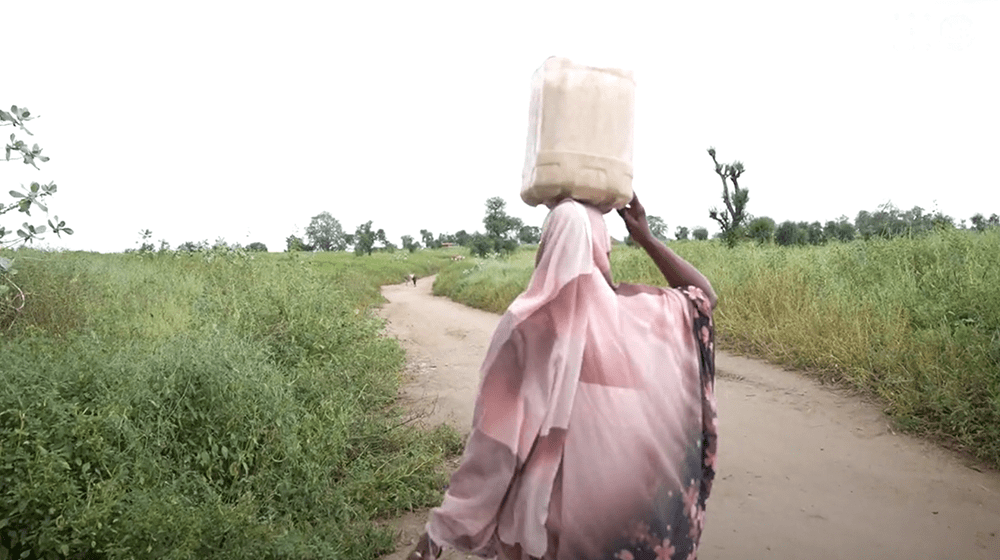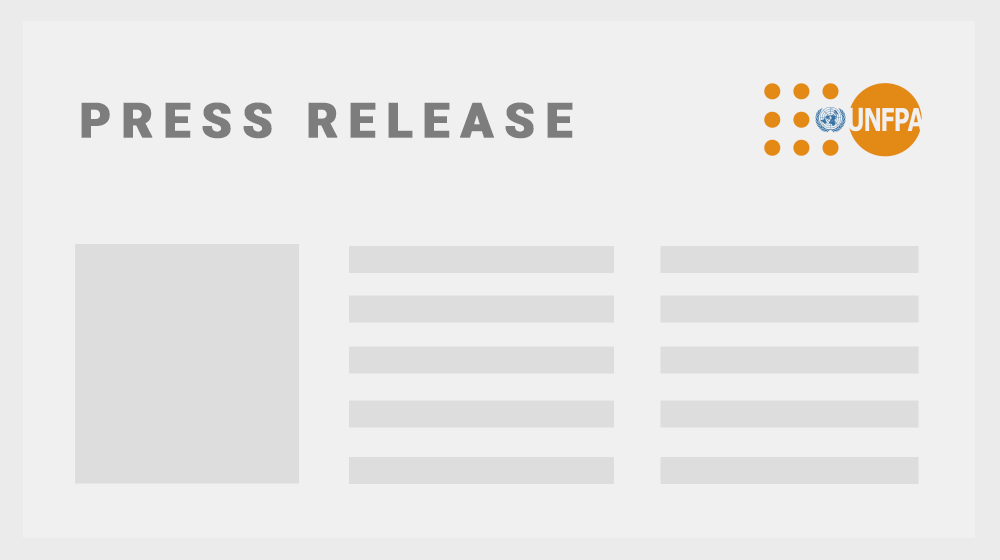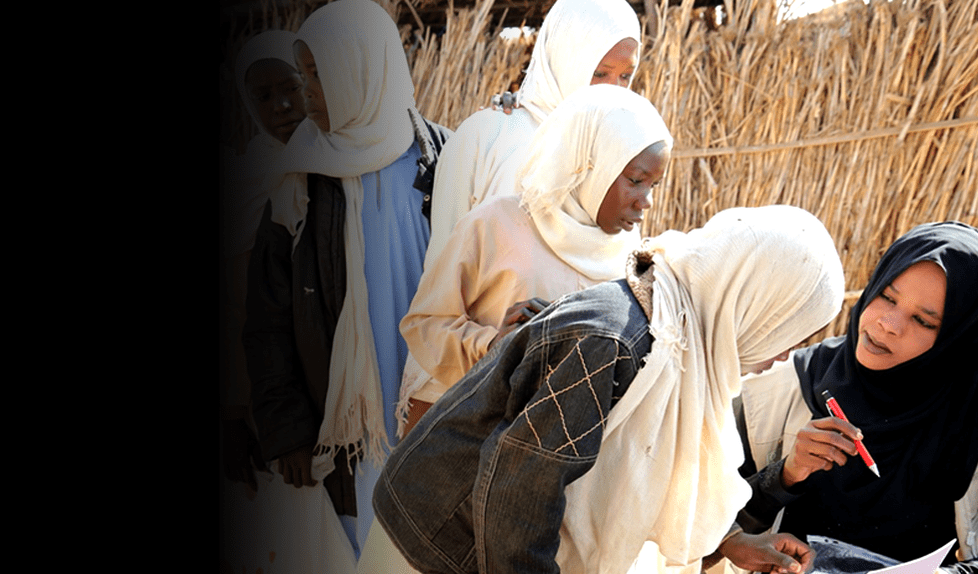The October 2021 military takeover, with renewed violence between security forces and armed groups, threatens the anticipated socioeconomic recovery in Sudan. The situation is hampering access to essential services and is likely to exacerbate internal displacement. The country also hosts a large refugee population. UNFPA is helping women and girls access reproductive health and gender-based violence services.
